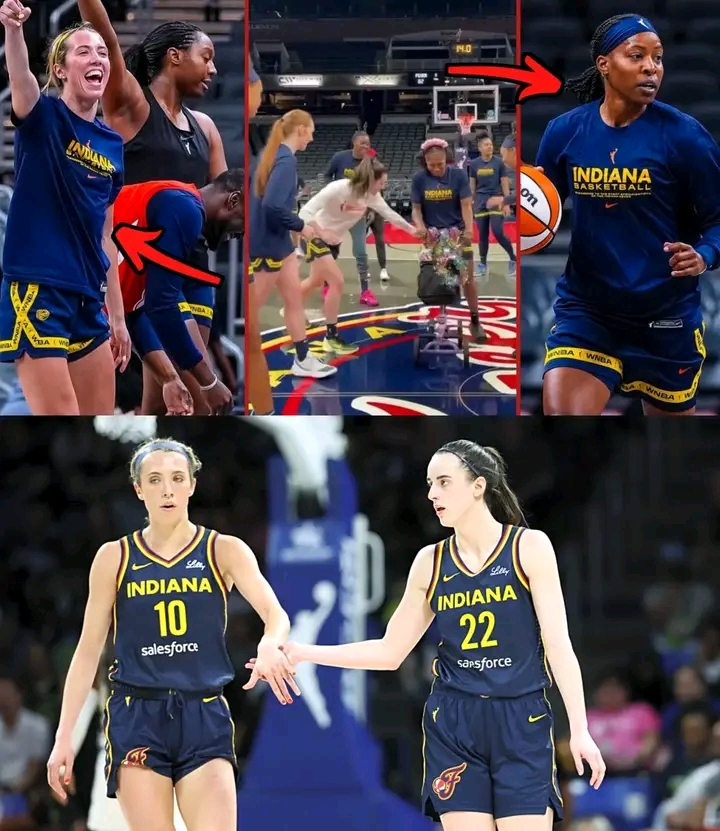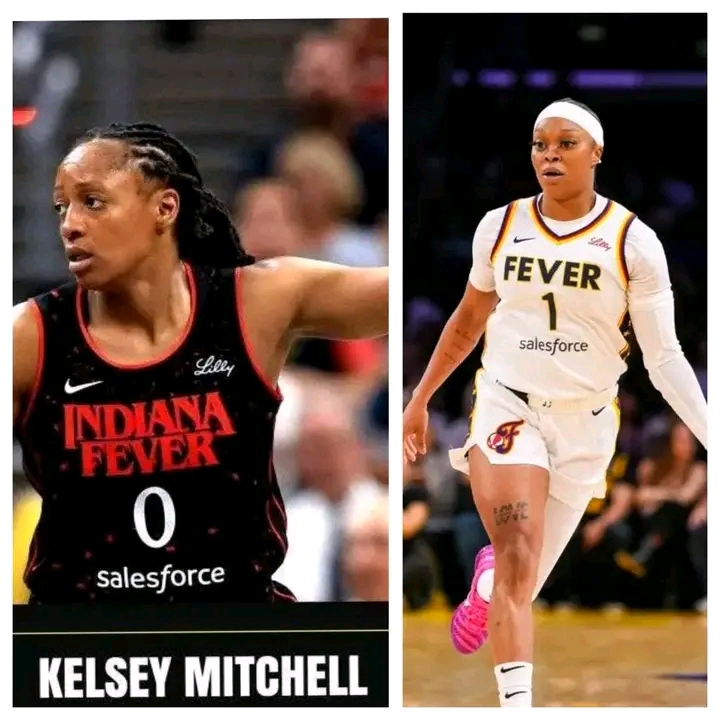
The debate over whether Angel Reese should surpass A’ja Wilson as the face of women’s basketball is gaining momentum, fueled by Reese’s recent performances and growing influence. Both players have carved out notable careers, yet they represent different eras within the sport. A’ja Wilson, already an established star, has solidified herself as a key figure in women’s basketball over the years. Her accomplishments include leading the Las Vegas Aces to multiple championships, winning MVP honors, and dominating both on and off the court. Her leadership and community involvement have made her a beloved figure, not just for her athletic prowess but also for the advocacy she represents within the sport. A’ja is, without a doubt, a trailblazer who has helped elevate the visibility of women’s basketball.
Angel Reese, on the other hand, has emerged as a rising force with her standout performance in college basketball. The LSU forward, known for her confidence and aggressive playing style, quickly gained attention, especially during the NCAA tournament. Reese’s ability to dominate both offensively and defensively has captivated fans and analysts alike. Her bold personality, paired with her on-court success, has sparked a new wave of excitement in the sport. As an emerging star, Angel’s strong social media presence and her unapologetic self-promotion have allowed her to connect with a younger audience and further elevate her status. With each victory, Reese becomes a more recognized name, but her journey is still unfolding.
However, it’s crucial to consider the broader context of what it means to be the “face” of a sport. While individual talent and accolades certainly matter, the responsibility of being a face for an entire league or movement involves much more than just performance. A’ja Wilson’s reputation extends far beyond basketball; she has championed initiatives to improve the representation and treatment of women athletes. Her maturity, experience, and leadership within the WNBA make her a suitable representative for the sport at this stage. In contrast, Reese, though undoubtedly promising, has a long road ahead in terms of establishing herself as a consistent and influential figure in the same way A’ja has.
Reese’s trajectory is undeniably exciting, but her status as the “face” of women’s basketball could take time to cement. The sports world thrives on narratives and legacies, and while Angel has the potential to reach the same heights as A’ja, she needs to continue proving herself in various contexts—both on and off the court. The question of whether she should immediately replace A’ja is premature. There’s room for both players to coexist as symbols of the sport, representing different generations and playing styles. The true face of women’s basketball is not singular; it is multifaceted, encompassing a variety of stories, skills, and contributions that both players are part of.
In the end, the idea of who should be the face of women’s basketball depends largely on the qualities we value in a representative. If it’s about the future of the sport, Angel Reese may well be on her way to leading the charge. But if it’s about legacy and ongoing contributions, A’ja Wilson’s place at the forefront is well-deserved. Ultimately, both women exemplify the heart and soul of women’s basketball, and their roles will likely continue to evolve alongside the sport itself.





